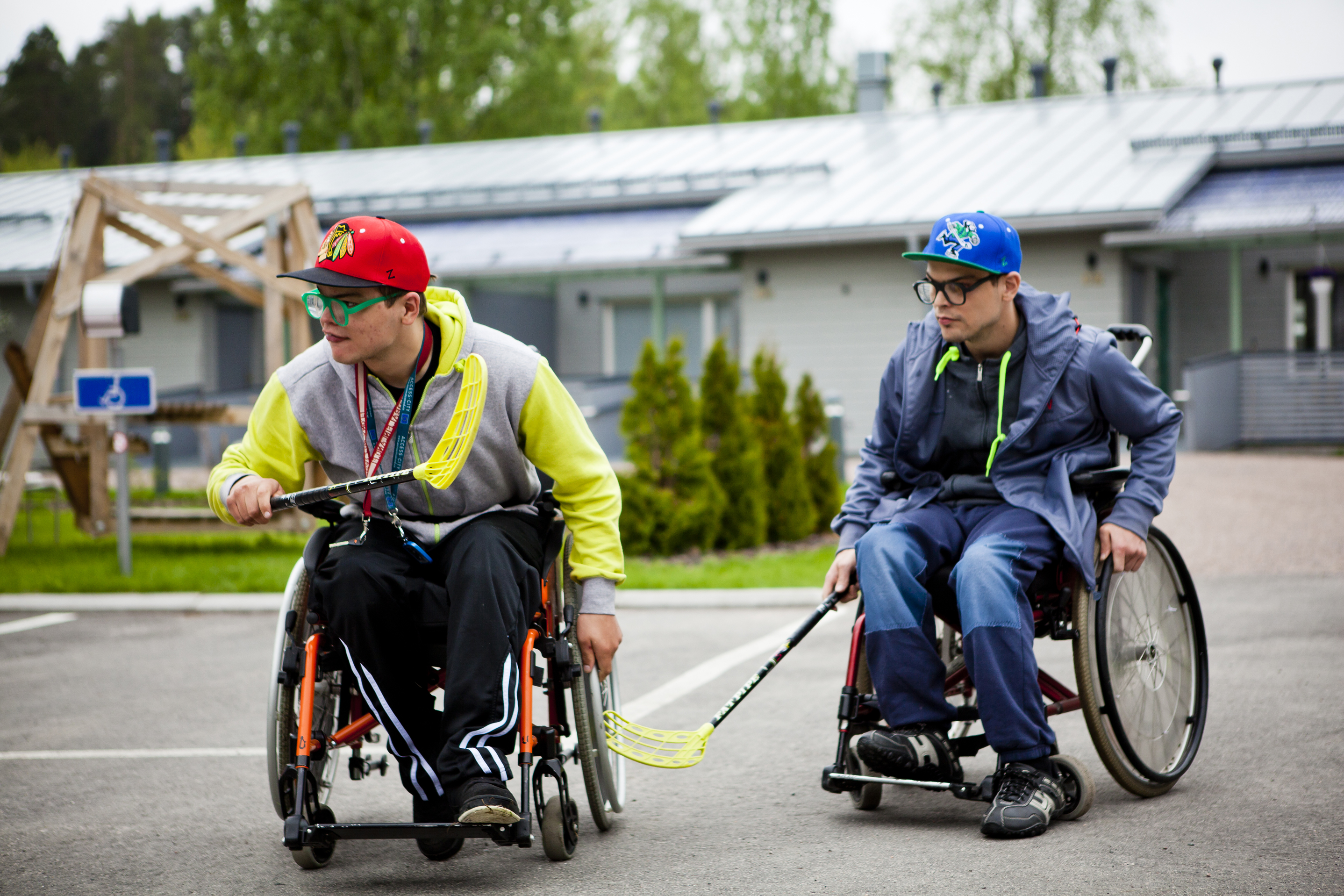‘What will happen once we’re not there anymore – we think a lot about it’

Marianne Pinomaa and her husband Jyrki Pinomaa, president of Inclusion Europe, have two sons with intellectual disabilities who need round-the-clock care. Markus (32 years) and Robin (27 years) moved out of their childhood home six years ago. How does ageing affect their parents?
“Markus and Robin attend a centre for special activities every morning. They work there until 14.30h and then head back home. They both have their own apartments, with a service provider organized by the municipality providing the services they need.
Even though they don’t live at our place anymore, we still take care of a lot of their everyday issues, like medication, appointments with neurologists or dentists, therapies, equipment such as wheelchairs and paper work.
Markus and Robin come home for one night every Thursday. These visits are extremely important to them, but we are afraid to not be able to do this type of care anymore at one point.
Partly it already is physically very difficult – for example, dealing with situations like epileptic seizures, especially if one of us is not at home at that time. For the moment, we do not get any support for the time they spend at home. And we are hesitant to request it, as we would prefer these Thursday evenings to be our ‘family time’.
We regularly meet with a group of parents who have children living at the same place as Markus and Robin. The future, what will happen once we’re not there anymore – this is a recurring topic in our discussions. We think a lot about it.
We never wanted to oblige our other children to take care of our disabled sons’ issues. Their youth was very much affected by the disabilities of their brothers, and they grew up as children of parents busy with caring for them. This was not their choice, so we do not want to pass down the responsibility to them now. Of course, they care a lot about their brothers, but they must have a right to be just family members, nothing more.
Even though there is progress now in Finland, institutional structures are still widespread. For a long time, this was the reason why we never trusted anyone else to manage all the administration that is needed for Markus and Robin’s wellbeing. At the moment, we are a bit more hopeful that a solution can be found. But it is a difficult path. Indeed, we have the same thoughts as the parents we meet with regularly: “I wish I could live one day longer than my child.”
Marianne and Jyrki
Read more
“I have more time for other things now”
—
Inclusion Europe is a network of more than 70 organisations of people with intellectual disabilities and their families spreading all over Europe. www.inclusion-europe.eu


Facebook Comments